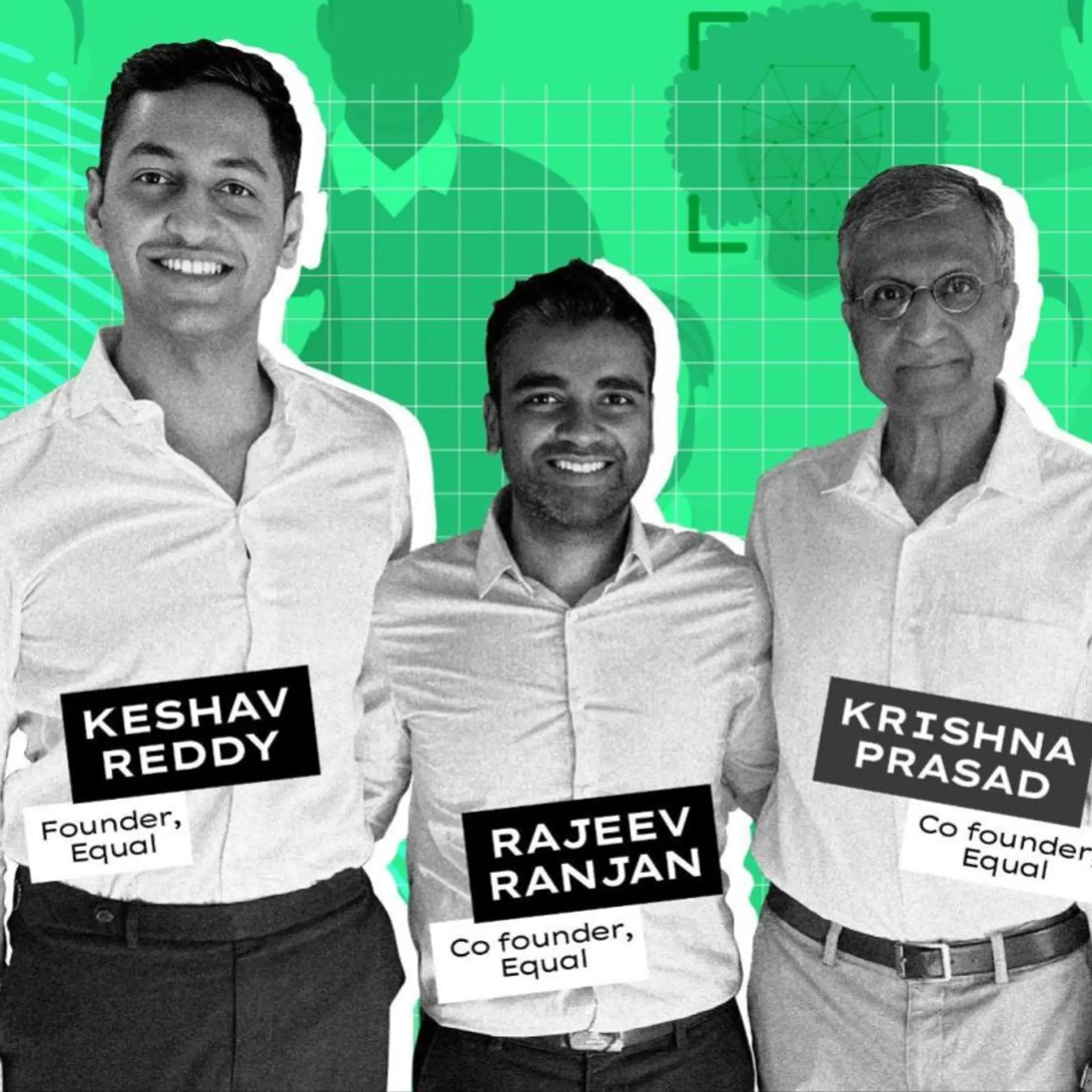Can Plastic Waste Build High Quality Homes? This Gujarat Startup Says Yes
"This waste that is tough to recycle is what we recycle," says Radhika Chaudhary, co-founder and CFO of Ricron Panels.
Plastic waste, a major environmental concern, is finding a new purpose in Gujarat, India. , a pioneering startup, is transforming this difficult-to-recycle waste into high-quality building materials.

The Co-Founder & CEO of Ricron Panels, Radhika Chaudhary, says "This waste that is tough to recycle is what we recycle". Their innovative technology converts non-recyclable plastic waste into waterproof, rust-proof, fire-retardant, and heat-resistant sheets.

Revolutionising Waste Management
Radhika's vision goes beyond just creating a product; it's about revolutionising waste management. Ricron Panels uses a proprietary technology to convert plastic waste, often sourced from ragpickers, into sheets that serve as a low-cost, high-quality alternative to traditional plywood.
These panels offer several advantages:
- Reduced Cost: They are 20% cheaper compared to traditional materials.
- Enhanced Durability: Their waterproof nature makes them ideal for areas prone to water damage.
- Increased Versatility: They find applications across various industries, including housing, furnishing, and construction.
But the benefits extend far beyond the panels themselves. Ricron Panels sources its waste from ragpickers, contributing to a cleaner environment and empowering the informal waste collection sector. Additionally, the production process itself is remarkably sustainable. For every tonne of Ricron material produced, they save tonnes of carbon emissions. Even more remarkably, the entire process generates no additional waste.
Ricron Panels is not just building homes; they are building a more sustainable future. Their innovative approach to plastic waste management offers a promising solution to environmental challenges and paves the way for a more responsible building industry. Their story shows the power of innovation and collaboration in tackling complex global issues.
Edited by Roshni Manghnani







